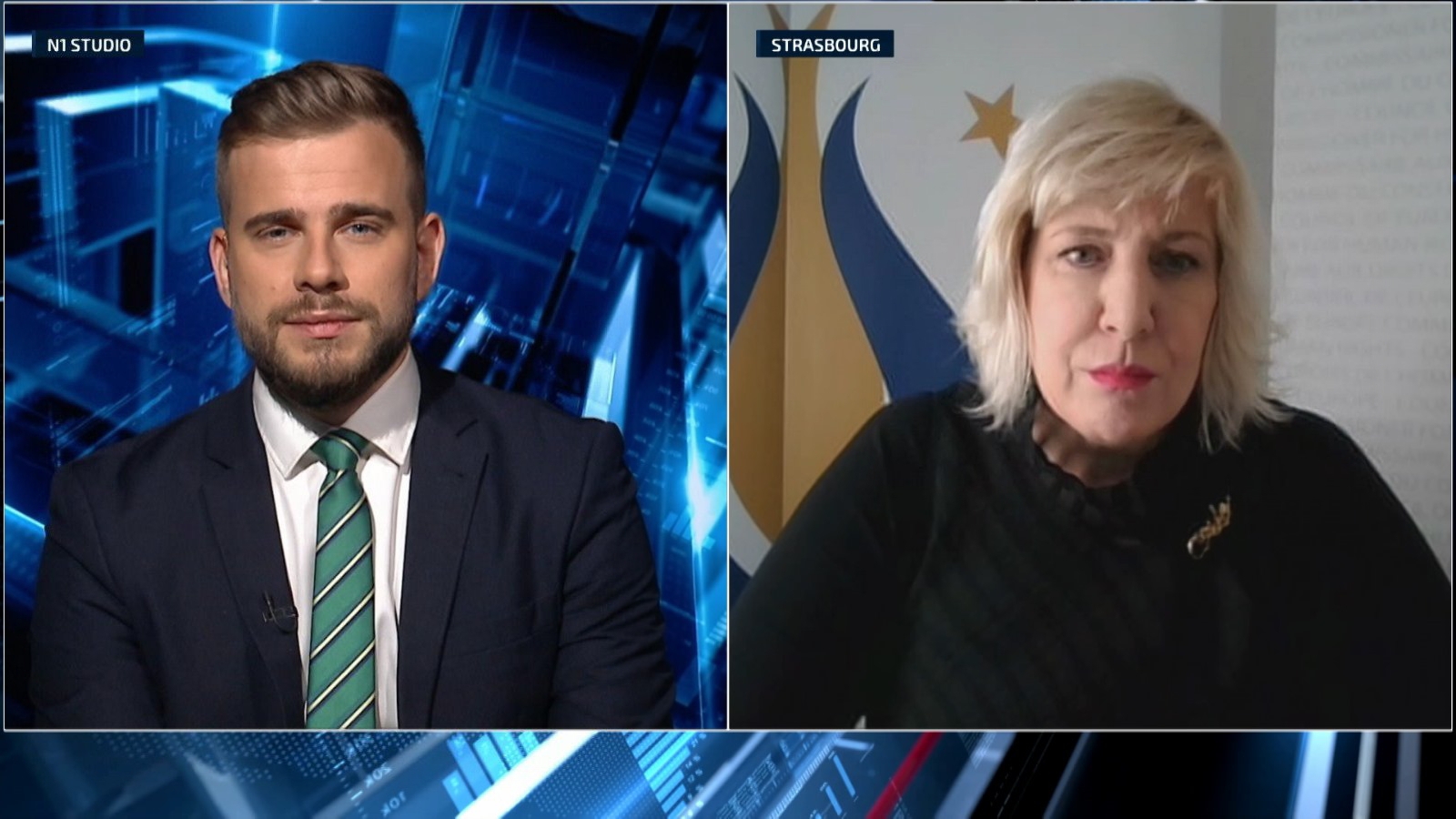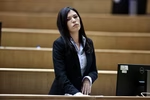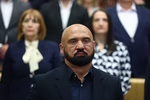N1 interview: CoE's Mijatovic praises Srebrenica Memorial Centre's role in inclusive memorialisation

Council of Europe Human Rights Commissioner Dunja Mijatovic presented a report on dealing with the past in the region of the former Yugoslavia, warning that the failure to fully deal with the violent past is having devastating consequences on respect for the human rights, the rule of law and social cohesion in the region. On that occasion, she spoke to N1, discussing this topic as well as reconciliation, freedom of media, Bosnia's EU path and other subjects.
She warned of the practice of the manipulation of the past among the politicians in the region, which does not contribute to any progress. Mijatovic also emphasised the importance of the inclusive memorialisation, which, she said, is missing.
“Anytime there is attempt to mark the suffering of a group, it leads to humiliation of victims and their families,” she told N1's Nikola Vucic.
“Regardless of judgements, most of the former Yugoslav countries still have their own policies and the view of the 1990s,” she added.
Mijatovic praised the role of the human rights activists in the region as well as the cultural workers who significantly contributed to the inclusive memorialisation. She stressed the importance of the Srebrenica Memorial Centre and the War Childhood Museum in Sarajevo in that.
“It is important to stress the role of the people dealing with culture, filmmakers, film directors, museums such as the War Childhood Museum in Sarajevo, the Memorial Centre in Srebrenica, etc. We get much better and stronger messages from these people than we do from politicians who are expected to do that,” said the human rights commissioner.
Many positive processes would probably have not happened without pressure, according to Mijatovic, who pointed out the EU accession as a crucial process.
“This is a long-term exercise and process, and we can move forward on that path if we meet the conditions,” she said.
However, Mijatovic called the current situation in Bosnia and Herzegovina and the way in which talks are conducted as “problematic.”
She also does not see the courage among the politicians to start the discussion on dealing with the past, which could lead to the point where everyone would be ready to pay respects to all the victims.
“Everything we saw is sporadic and insufficient, and we didn't get the understanding of the complexity of suffering,” she added.
Mijatovic, the author of the report, was appointed as the Human Rights Commissioner at the Council of Europe in 2018. She previously worked as the OSCE's representative for freedom of media, and received multiple rewards for her contribution to the human rights advocacy.
Speaking to N1, she condemned the recent verbal attack by Republika Srpska entity President Milorad Dodik on N1 crew at a press conference in Banja Luka, the entity's administrative seat.
She assessed the verbal attack on N1's Snezana Mitrovic and the rest of the team as “unacceptable” and the intimidation as “shameful.”
“I hope that the reporter received all forms of protection and that it was taken seriously. This is not the first time that Dodik, like many others, intimidate the journalists who ask unpleasant questions. Journalists will not be forgotten,” she stressed.
Commenting on the law changes reintroducing the criminalisation of defamation in Republika Srpska, Mijatovic said this was a continuation of attacks on people who do their job, like N1's Mitrovic.
“Introducing the defamation as an act of crime in Republika Srpska is a decline in the freedom of speech and freedom of media,” she concluded.
Kakvo je tvoje mišljenje o ovome?
Učestvuj u diskusiji ili pročitaj komentare





 Srbija
Srbija
 Hrvatska
Hrvatska
 Slovenija
Slovenija



























































